- Home
- Multimedia
- Photo Gallery
- The power of one
The power of one
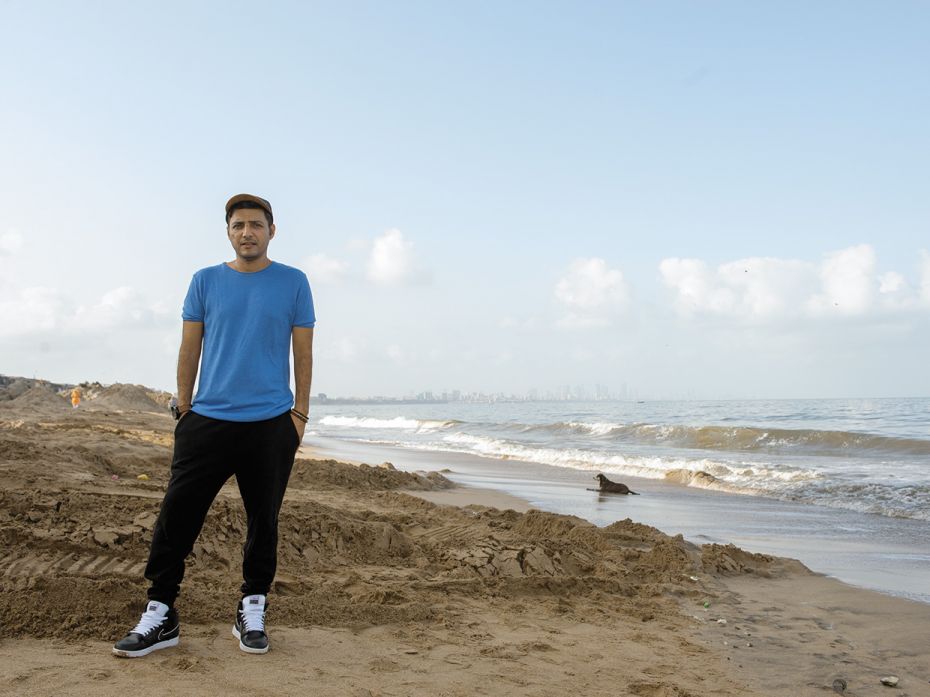
Image by : Mexy Xavier
Afroz Shah, 38
This practising counsel at Bombay High Court has dedicated every evening, all his weekends, all his holidays, and one morning every week in the last four years to a cause that is very close to his heart: Tackling marine litter by cleaning rivers, beaches, oceans and mangroves.
He runs the Mindset Change Ground Action Campaign, which focusses on citizens living in the human-ocean conflict zone. United Nations has labelled his clean-up as ‘Biggest Beach Clean-Up in World History’. About 180,000 adults and 80,000 students from 27 schools and colleges have been participating in his clean-up, community development and circular economy activities on a regular basis. He is the first Indian to be awarded the UN’s highest environmental honour ‘Champions of the Earth’. He wants more people to spend time in the lap of nature, love humanity and other species. For him, that’s all there is to life.
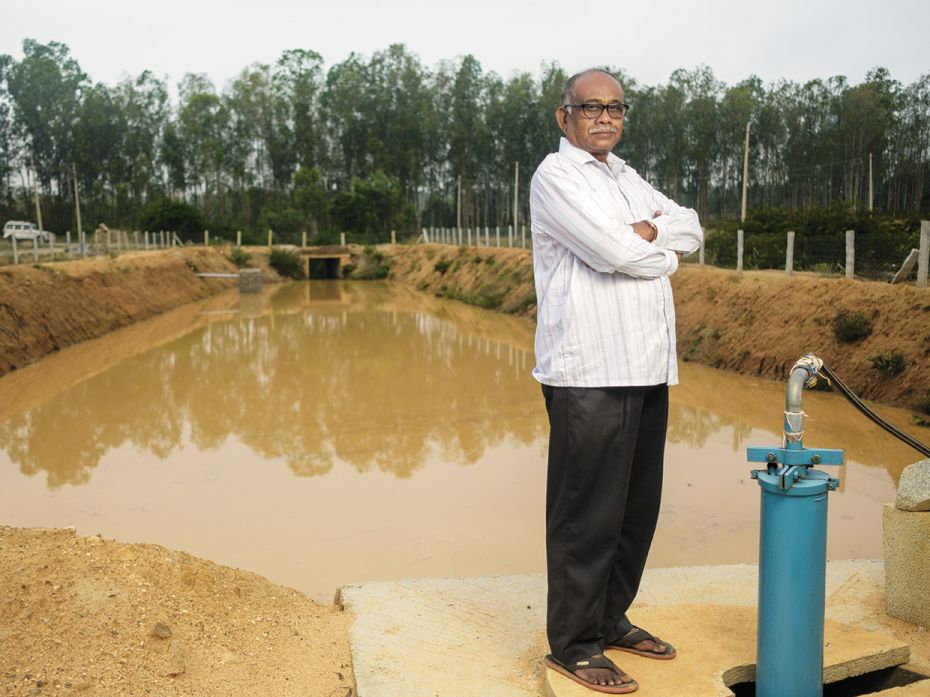
Image by : Nishant Ratnakar for Forbes India
Ayyappa Mahadevappa Masagi, 62
Also known as the Water Warrior, Ayyappa Masagi combines native intelligence with modern technology and ideas, to respect, harvest, conserve and utilise water more effectively. He has executed 9,000 conservation, irrigation, industrial and rainwater harvesting projects in 13 states, making them more water efficient. An Ashoka Fellow, his goal for the next five years is to solve the drinking water and irrigation problem in 2,000 villages in Karnataka. Seen here is Masagi at one of his successful water projects at Daksha, near Kuduragere in Karnataka.

Image by : Sumer Verma
Nayantara Jain, 32
Nayantara Jain was working as a scuba diving Instructor when she experienced her first El Nino event where ocean temperatures increased by 2-3°C for a couple of months and healthy, vibrant coral reefs underwent bleaching and died. The dead coral, covered with algae, eventually weakened the reef and it crumbled. Jain realised she wanted to spend the rest of her life saving the seas. Today, the executive director of ReefWatch Marine Conservation, who lives in the Andaman islands, is dedicated to protecting ocean life through education, research and management. Her favourite quote: ‘The greatest threat to our planet is the thought that someone else will save it,’ by Robert Swan.
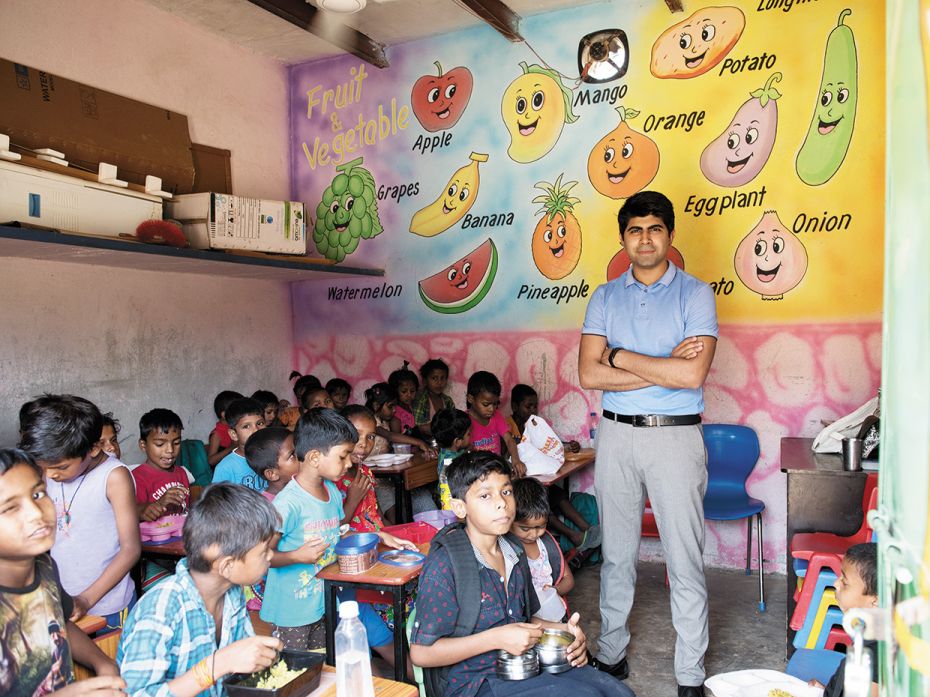
Image by : Amit Verma
Ankit Kawatra, 27
The Delhi-based founder of Feeding India works with an army of 20,000 volunteers (Hunger Heroes) and is on a mission to end hunger. Winner of the Queens Young Leader title and the United Nations Young Leader award, Ankit Kawatra spearheads a not-for-profit social organisation which aims to solve the problem of hunger, malnutrition and food waste in the country. Using an app, the Feeding India team channelises food from individuals, weddings, restaurants and corporate offices to people who need it or have no means or access to food. They also serve freshly-cooked food and provide raw grains to their partner organisations. The non-profit runs regular feeding programmes in about 75 Indian cities and has served more than 25 million meals so far.

Image by : Madhu Kapparath
Kriti Tula, 30
Alarmed at the scale of wastage in the fashion industry, Kriti Tula, creative director and co-founder of fashion label Doodlage realised the urgent need for making fashion circular: Starting from the raw material to how the garment will be disposed of at the end of its life. She works with eco-friendly fabrics, such as organic cotton, corn fabric, banana fabric, and leftover or discarded textile from large manufacturers, thus minimising wastage. Her work has been recognised by various global and national publications and this has helped her reach a larger market. This year she aims to find ways to introduce products made of post-consumer waste by reselling, upcycling and recycling. Her motto: ‘Buy less. Choose well. Make it last.’
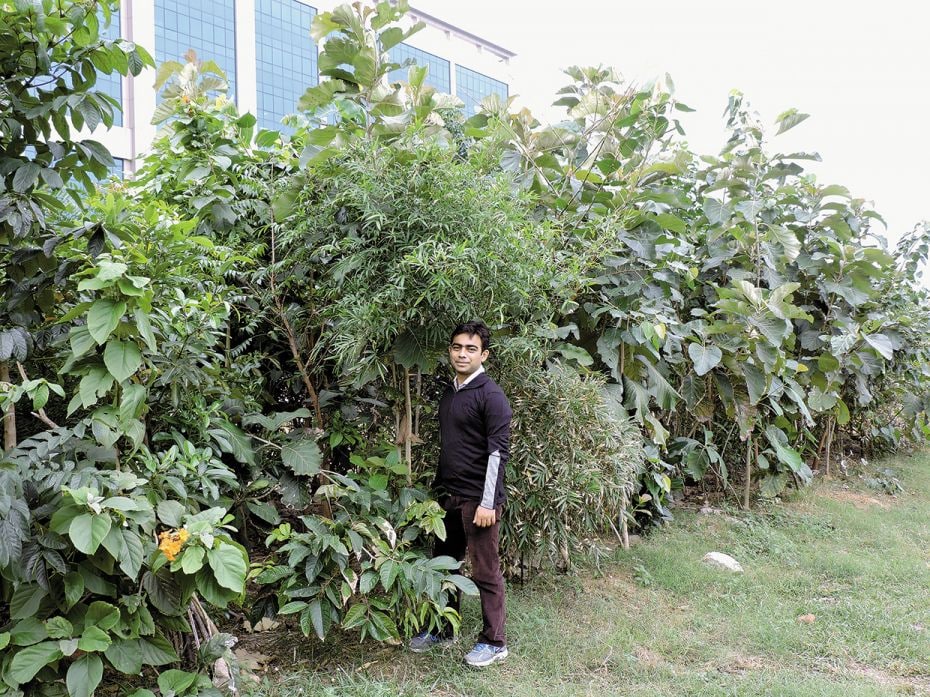
Image by :
Shubhendu Sharma, 34
An industrial engineer by qualification, the founder and director of Afforestt was inspired by Japanese botanist Akira Miyawaki’s method of afforestation. Miyawaki’s technique makes trees grow 10 times faster than usual, creating a self-sustaining forest within two to three years. Started in January 2011, Afforestt is a for-profit social enterprise that aims to bring back lost forests by creating native forests. While a forest typically takes 100 years to mature, the one he creates grows 10 times faster, is 30 times more dense and 100 times more biodiverse. Afforestt has created 145 forests in nine countries. Sharma hopes to plant one forest in each country, then each city, village and home.
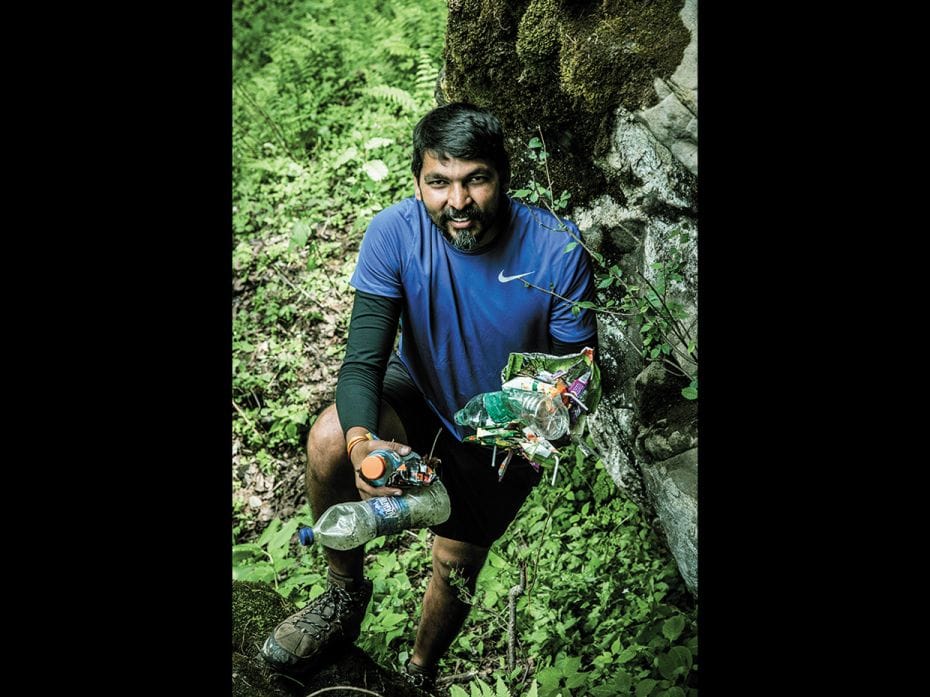
Image by : Mecha Ende
Pradeep Sangwan, 33
Pradeep Sangwan, founder of Healing Himalayas, aims to keep the Himalayas plastic-free. He treks for an average of 2,000 km every year and has helped collect over 5 lakh kg of non-biodegradable waste in the last three years. Every cleaning campaign involves the local community and forest departments, and 30 to 35 volunteers. Ask him what he believes in, and he says: “Don’t ask me what I do for a living, ask me what I do for other living beings.”





